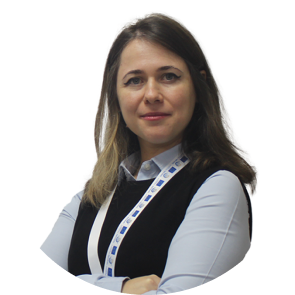This module has been designed to support the strategic and interdisciplinary integration of the Sustainable Development Goals (SDGs) into higher education curricula. Building on the concept of a sustainable economy, it promotes the establishment of a system where economic growth is balanced with environmental sustainability and social equity. It aims to equip participants with skills to develop innovative business models, adopt ethical business practices, and integrate circular economy principles into business processes. This module provides an in-depth learning experience on the relationship between entrepreneurship and sustainability, aligned with SDG 8 (Decent Work and Economic Growth), SDG 9 (Industry, Innovation, and Infrastructure), and SDG 12 (Responsible Consumption and Production).









Assoc.Prof, Bursa Uludag University,
Faculty of Economics and Administrative Sciences